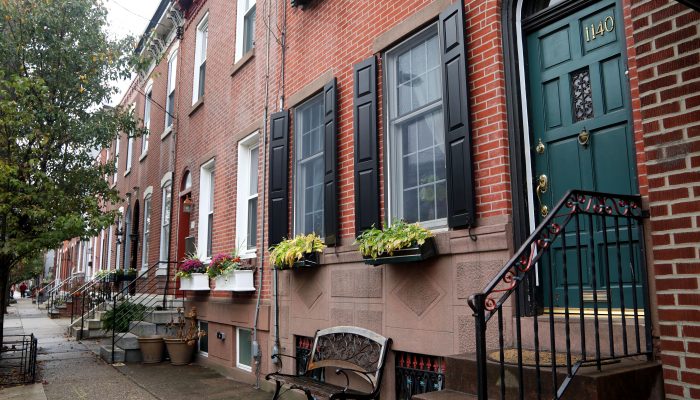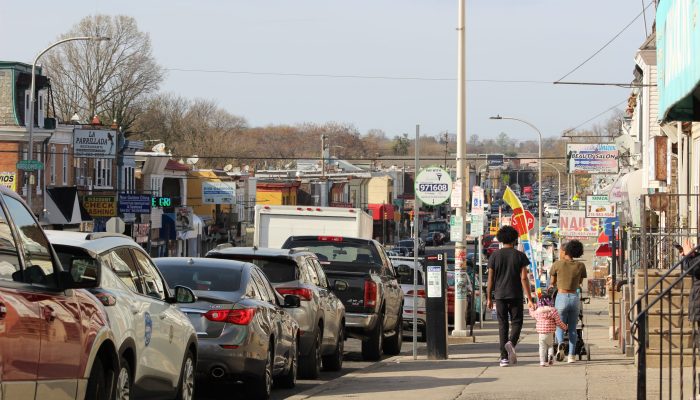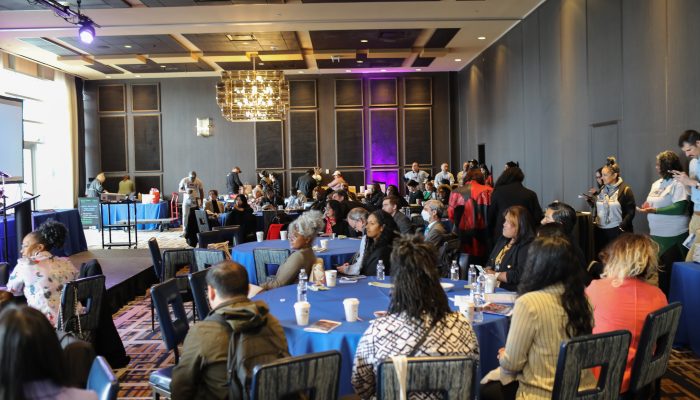The City of Philadelphia has updated the code section that regulates short-term rentals including those listed on hosting platforms such as AirBnB, VRBO, Homeaway and more. These changes are based on Bill No. 210081 which further defines uses for all short-term rentals.
To operate a short-term rental, the operator must obtain the necessary zoning permits and licenses. This rule was established in 2015. Information about these zoning permits and licenses is included below in this announcement.
In compliance with this regulation, online platforms will require hosts to confirm their rentals are licensed. This means that platforms require hosts to provide their Limited Lodging License number or Rental License (for hotel use) for their listing(s). Non-compliant listings may be removed from the platform.
Online platforms originally had a deadline to confirm that all rentals from hosts are licensed by July 1, 2022. The City recognizes that many short-term rental hosts will need more time to acquire proper zoning and licensure to avoid being delisted from platforms. Therefore, the City is extending the deadline for online platforms to collect valid license numbers to January 1, 2023.
This deadline does not remove the legal requirement for short-term rentals to be licensed. It just extends the deadline by which platforms must collect a valid license number from hosts.
Overview: Zoning Permit & License
Online hosting platforms will require hosts to provide a valid license number for their listing(s) by January 1, 2023. Failure to provide a license number may result in platforms removing the listing until the license number is provided.
Short-term rental property uses have two classifications:
- Limited Lodging (if the unit is the primary residence of the host)
- Visitor Accommodation (if the unit is not the primary residence of the host)
The necessary zoning permit (Limited Lodging or Visitor Accommodation) must be obtained before applying for a license. Please see Step 1 for zoning permit and Step 3 for license application details.
- Recommendation: Have a zoning permit or variance in-hand no later than December 1, 2022. This will allow adequate time for processing, picking up the permit, and securing the proper license.
- Hosts must obtain the number of their Limited Lodging Operator License or Rental License (for hotel use) no later than December 31, 2022, as directed by the booking agent.
Please refer to the Short-term rental/limited lodging FAQ (under the “General” Section) from the Department of Licenses and Inspections (L&I) for application details and license requirements.
Step-by-Step Guide: Zoning Permit and License
If you are currently a host, and have not yet applied for a zoning permit or license:
Step 1. Apply for a Zoning Permit
- A zoning/use permit (Limited Lodging or Visitor Accommodation) is required to offer a unit for rent as a short-term rental for any amount of time.
- Hosts can apply for a zoning/use permit online using eCLIPSE or in person at the Municipal Services Building. You need an appointment if you plan to apply in person.
- If the unit is the host’s primary residence, the use will be permitted as Limited Lodging (with District 10 exceptions)*. A use permit (which requires proper proof of residency) may be issued within 3 business days.
- If the unit is not the host’s primary residence, it will be classified as Visitor Accommodation. These types of short-term rentals will only be permitted if the property is located in zoning districts: CMX-3, CMX-4, CMX-5, CA-1, CA-2, RMX-1, RMX-2.
- Note: Both Limited Lodging and Visitor Accommodations may be prohibited if the property is within certain overlays. Please review any applicable overlay restrictions in the code and refer to the Zoning Summary Generator.
*In the 10th Councilmanic District, a primary resident must also be the owner of the property to get this license. In all other Councilmanic Districts, you may be eligible for this license if you rent your home.
Step 2. Appeal to the Zoning Board of Adjustment (ZBA), if needed
-
- If L&I denies the zoning/use registration application because the use is not permitted, applicants have 30 days to appeal to the ZBA. The ZBA, in a public hearing, will decide whether to grant a variance or special exception.
- To obtain a variance or special exception, first apply for a zoning permit.
- When the zoning permit is denied, appeal the decision.
- Carefully follow the instructions the ZBA provides for filing an appeal and preparing for a hearing. Be aware:
- Read the instructions to see if applicants will need an attorney present at the hearing.
- Applicants are required to present at a public meeting of a Registered Community Organization (RCO) before the hearing.
- Applicants are encouraged to expedite the appeal ($750 accelerated fee per property) to be heard as soon as possible.
Step 3. Complete the Limited Lodging Operator License or Rental License application
- A Limited Lodging Operator License or Rental License (for hotel use) is required to offer a unit for rent as a short-term rental for any amount of time.
- Hosts can apply for a Limited Lodging Operator License or Rental License (for hotel use) online using eCLIPSE or in person at the Municipal Services Building. You need an appointment if you plan to apply in person.
- If a Limited Lodging zoning permit is required, the person offering the unit for rent must also obtain a Limited Lodging Operator License.
- If a Visitor Accommodation zoning permit is required, a Rental License (for hotel use) must also be obtained for the property.
- Prior to obtaining the license, be sure to have:
- A zoning use permit
- Commercial Activity License (CAL)
- A tax-compliant Business Income and Receipts Tax (BIRT) account
- Lead Safety Certification and inspection reports – For properties built before March 1978, the owner must submit these to the Department of Public Health. If the property was built later, hosts/owners must submit proof.
Other Requirements to Know
- For long-term stays exceeding 30 days, hosts will need a Rental License.
- Hosts must use a licensed limited lodging and hotels booking agent to advertise their unit.
- The host or operator must pay the City of Philadelphia Hotel Tax monthly.
- Some booking agents (including online platforms) agree to collect and remit the Hotel Tax on behalf of operators. If you have this agreement with a booking agent, do not have to file the Hotel Tax.




